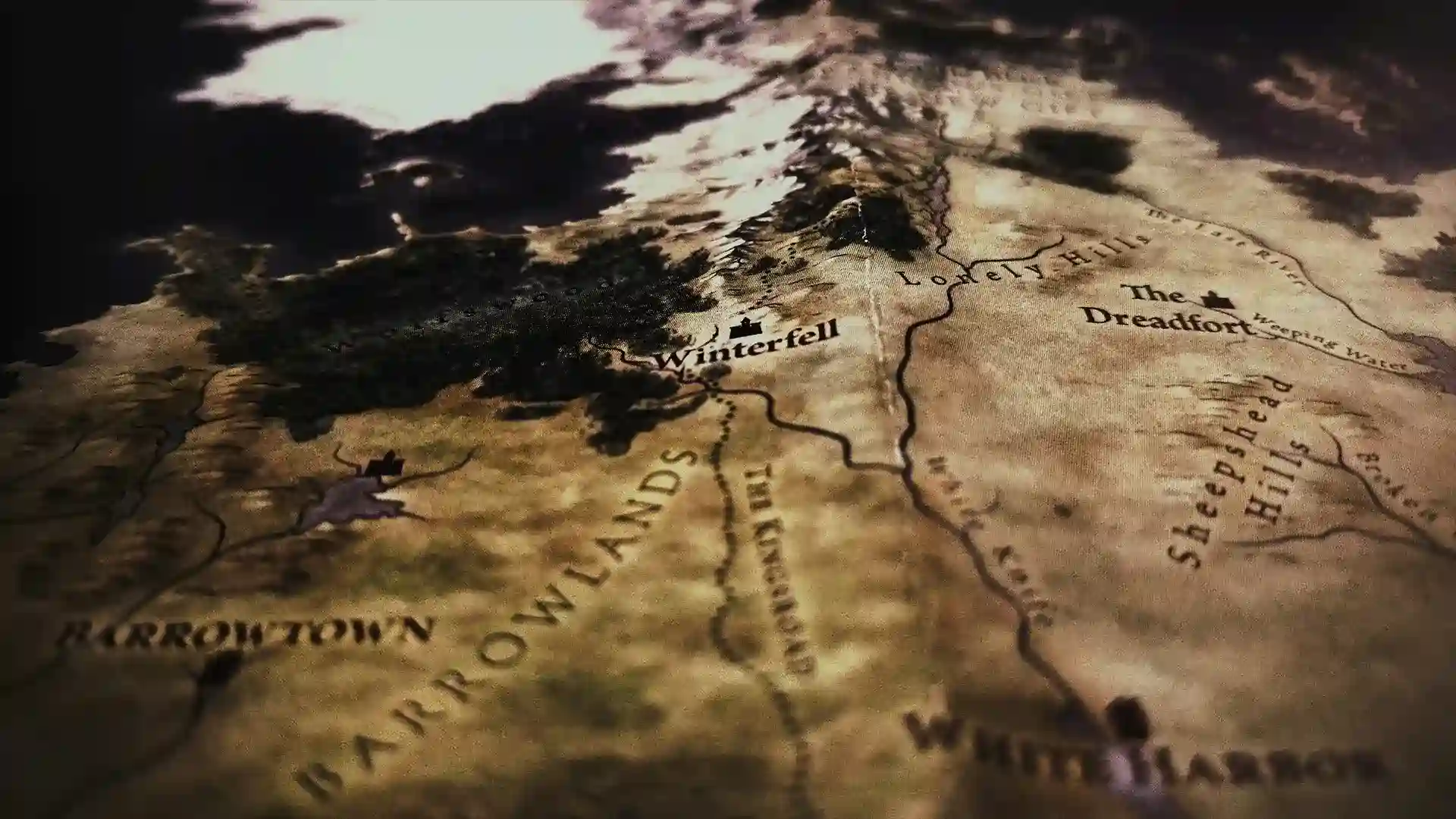High Valyrian & Dothraki For Beginners
5 min.
Published on 03.04.2024
Updated on 03.04.2024
Table of contents

5 min.
Published on 03.04.2024
Updated on 03.04.2024
You are an ardent admirer of Game of Thrones enthusiast with a knack for languages? You’re in for a treat. We take you on a linguistic adventure to discover the linguistic treasures of Westeros and take them beyond.
The huge world of Game of Thrones is fascinating not only because of its epic battles and political intrigues. Beyond the sword fights and power struggles, it is above all its languages that captivate fans of the series: the rough, warlike language of Dothraki and the royal and elegant High Valyrian. The wish of all fans: to master these linguistic marvels and become a living part of this fascinating world. But every new language needs to be learned. Immerse yourself with us in the ABCs of the two fictional languages and discover new linguistic horizons!
Due to their exotic sounds and mystical aura, High Valyrian and Dothraki have also made a truly remarkable impact beyond Westeros and Essos. These fictional languages have captured the imaginations of fans worldwide, sparking a linguistic evolution. Language enthusiasts have taken it upon themselves to learn and even expand upon these languages, creating dictionaries, grammars, and online communities making them not only avid learners but also active speakers.
These languages have inspired a newfound appreciation for constructed languages and their role in storytelling. They have shown us that language is not just a means of communication, but also lends depth to fantasy worlds. They have an important meaning for the plot, are part of the characterization and create atmosphere.
The organic evolution of these languages within the fan community reflects an inspiring devotion, transforming what began as mere scripts into living, breathing tongues spoken and celebrated by an ever-growing global community.
If you've ever dreamed of commanding attention and respect like Daenerys Targaryen, then learning High Valyrian is the path for you. This ancient language, once spoken by the Valyrian Freehold, has a beauty and elegance that matches the grandeur of its speakers.
High Valyrian is a complex language with its own grammar and syntax, but fear not! With dedication and perseverance, you can unlock its secrets and become fluent in no time. The key to mastering High Valyrian lies in understanding its structure and vocabulary.
Crafted by American linguist David J. Peterson, this linguistic marvel is more than a scripted invention; it's a full-fledged language with an intricate structure that mirrors the complexities of Latin and Greek languages.
The language has four gender classes; lunar class, solar class, terrestrial class and aquatic class. What is more, High Valyrian is considered a “head-final” language, meaning that the adjective comes before the noun in its sentence structure.
At the very beginning there were only 56 Valyrian phrases introduced throughout the books. Later on, Peterson used them to turn High Valyrian into a sophisticated language that has about 2,000 words today.
Fun Fact:
Peterson added a few words to the language to honor his cat and his three thousand followers, among other things. For instance, kēli, the word for cat, comes from Peterson’s cat name, and and voji stands for 'follower'.
Yet, in the latter seasons of Game of Thrones, High Valyrian experiences a gradual decline in its use due to the downfall of the Valyrian Empire. The speech of their descendants and former colonies evolved into derivative languages known as Low Valyrian or Bastard Valyrian.
Despite this, characters like Daenerys Targaryen continue to employ the language in significant moments, asserting their heritage and authority. As a mark of elite education, some noble families are also teaching the language to their children.
If you prefer the rugged and untamed lifestyle of the Dothraki riders, then the Dothraki language is your gateway to their world. This language was the first one to be developed by David J. Peterson specifically for the Game of Thrones series. Dothraki is a vibrant and expressive language that reflects the nomadic culture of its speakers.
The structure of Dothraki possesses distinct characteristics, featuring a straightforward syntax and a notable lack of verb tenses. Its grammar highlights the directness and pragmatism of the Dothraki.
An interesting peculiarity about Dothraki lies in its extensive vocabulary for describing horses with the idea to illustrate the profound bond between the nomadic people and their prized steeds. For instance, there are 14 different words to say horse, yet none to say toilet.
Moreover, Dothraki stands out for its unique sounds and phonetics, offering a blend of guttural and melodic tones that encapsulate the essence of the nomadic lifestyle. For an untrained ear the language might sound as Arabic. However, Peterson explained that to him it is rather a mix between Arabic and Spanish, while the grammar is mostly similar to Russian and the vocabulary is heavily inspired by Mongolian language.
By immersing yourself in Dothraki culture, studying its customs and traditions and practising the language with other enthusiasts, you will soon be able to communicate in Dothraki and impress your friends with your new language skills.
The time has come to forge your own legend! With every new expression and word you learn, you will delve a little deeper into the world of Westeros. May your ambition burn like the fire of dragons and your linguistic mastery be as sharp as the blade of Valyria. Ready to explore the world of Game of Thrones in a whole new way? – Then start your language journey now.
Kalina, a dedicated Content Writer, transformed her love for writing from a personal blog into a thriving career. With a knack for crafting engaging long and short-form content, she brings passion and expertise to every piece. Explore more of Kalina's work on her website, where her versatile writing spans industries and captivates audiences.